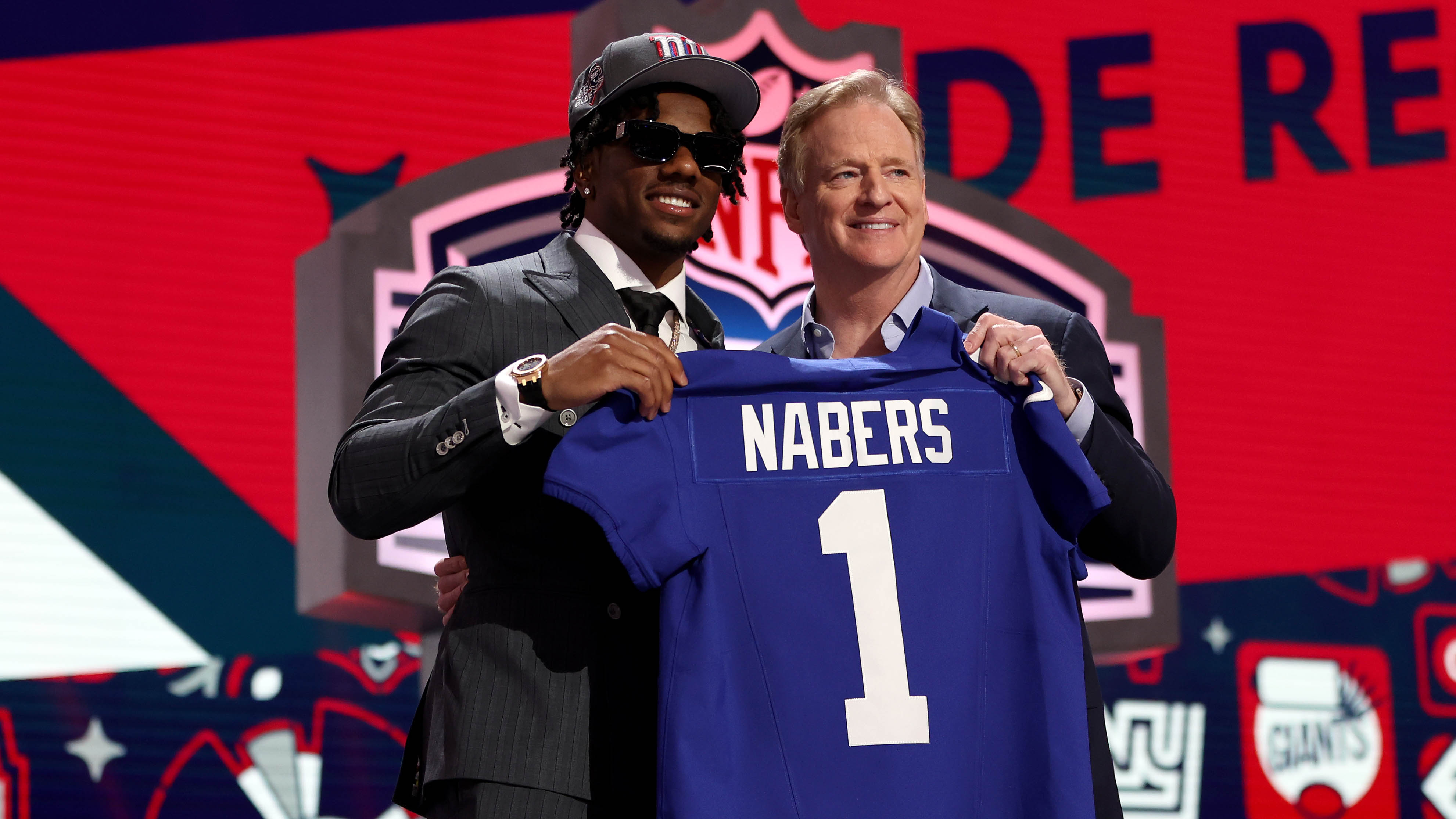The man who became a political powerbroker in New York City while representing guards in the city's 10,000-inmate jail system faces a bribery trial Monday that could send him to prison.
Jury selection in the trial of Norman Seabrook, the longtime former head of the nation's largest municipal jail guard union, is set to be followed by opening statements Tuesday.
Seabrook, 57, a figure who was beloved by guards, feared by jail administrators and could be either a powerful ally or a foe to city politicians, has been free on bail since his June 2016 arrest on conspiracy and fraud charges.
Prosecutors say he accepted a kickback of $60,000 — delivered in a Ferragamo handbag that was itself worth nearly $1,000 — in exchange for having the New York City Correction Officers' Benevolent Association invest $20 million in a particular hedge fund. Also facing trial is Murray Huberfeld, the hedge fund financier who authorities say helped arrange the bribe. Both have pleaded not guilty.
Prosecutors say receipts found in Seabrook's Bronx home prove he used some of the bribe money to pay off a casino debt.
During his two-decade tenure as the head of the corrections officers' union, Seabrook was seen as having more influence over how the city's Rikers Island jail complex operated than any other person, even the head of the city's Department of Corrections.
"I came to think that my wardens believed Norman was more important to their career than I was," former Corrections Commissioner Martin Horn once told The New York Times.
Prisoner advocates saw him as one of the primary forces holding up reform of the jail, which had a reputation for violence.
He publicly excoriated the Department of Corrections officials in charge of investigating misconduct and assailed district attorneys he felt were too quick to charge guards with brutality or too tolerant of violent prisoners.
In one infamous incident, the union orchestrated a surprise job action on a day that a Rikers inmate was scheduled to testify against two guards accused of assault. At the union's direction, the bus drivers who transport inmates from the jail to city courthouses all refused to operate their vehicles, claiming they were unsafe.
Local
Through it all, Seabrook developed close alliances with city and state politicians interested in the union's endorsement and organizing muscle.
Between his salary as a correction officer and his union pay, he earned as much as $300,000 per year.
Investigators seized $28,700 in cash, most of it found in a bedroom safe, from Seabrook's home when he was arrested, along with the bag the cash allegedly was delivered in and 10 pairs of Ferragamo shoes, according to prosecutors.
Defense lawyers say much of that cash was from gambling winnings and had nothing to do with a bribe.
In court papers, defense lawyers acknowledged that Seabrook was a powerful union leader whose opinions held great sway with other union officials. But he was no despot and would never put his own interests above those of union members, they said.
"Such a portrait is untrue and would be unfairly prejudicial to the defense," they wrote.
In the year since Seabrook was indicted and ousted as the union's boss, talk about reforming the city's jail system has suddenly gone into overdrive.
Gov. Andrew Cuomo and Mayor Bill de Blasio, both Democrats, have backed plans to shut down Rikers Island and replace it with a network of smaller, neighborhood-based jails.



